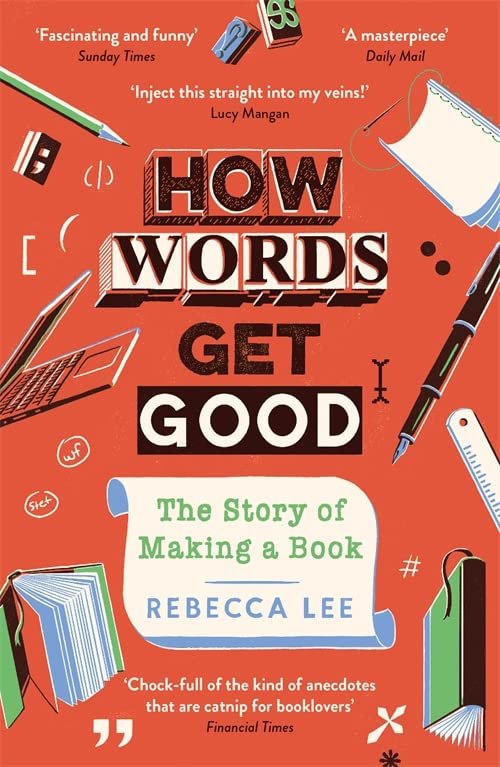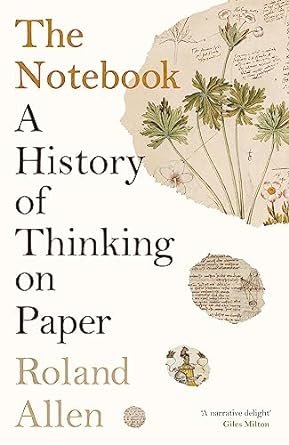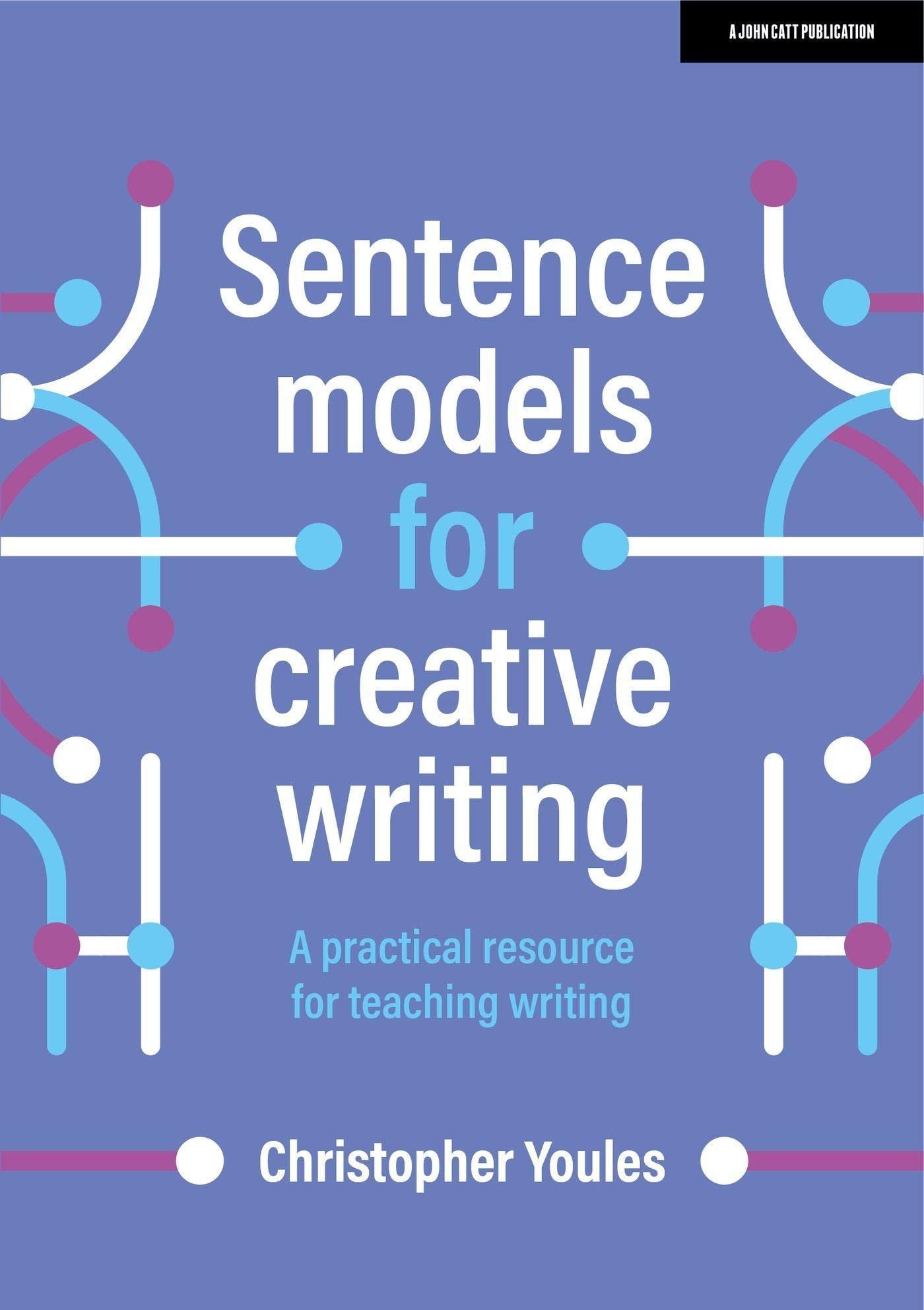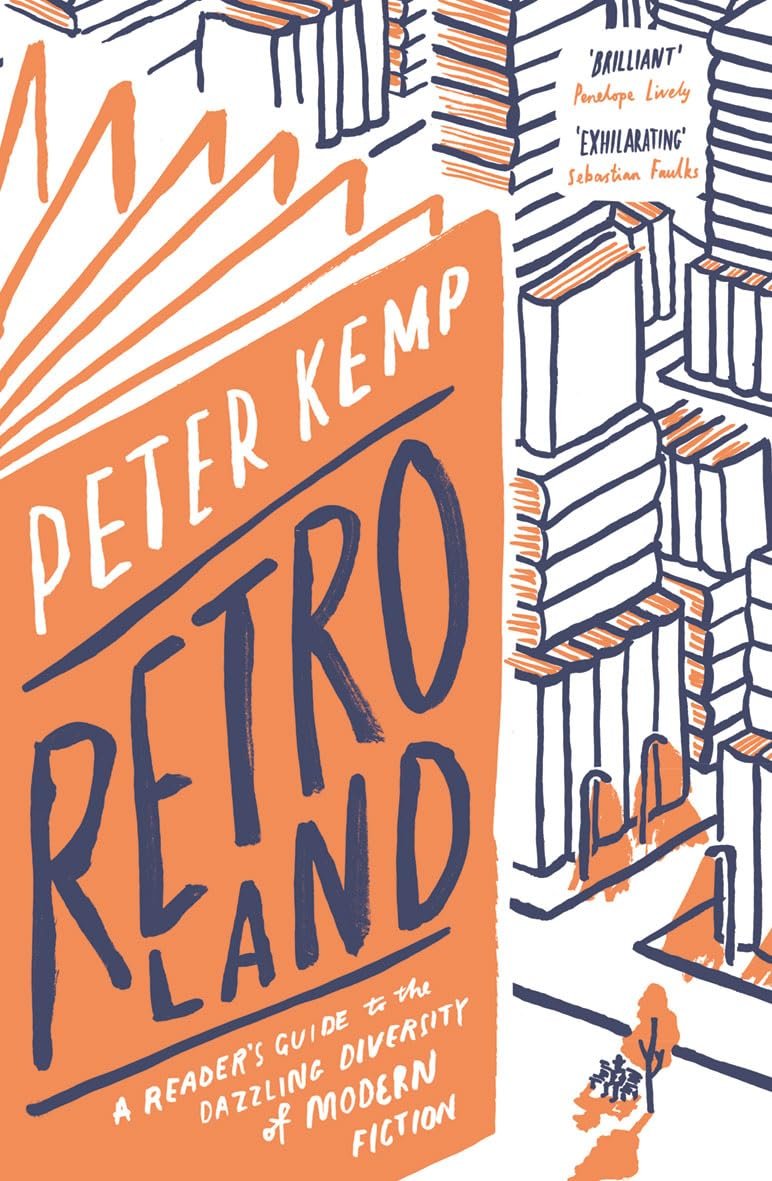A good way of honing your writing skills is to rewrite a simple story in different styles. That’s what I’ve been up to over on my Eclecticism newsletter. I post a new style every Sunday, and often on the following Friday I explain how I did it, what the challenges were, or the literary devices I employed.
Read MoreThe curtain goes up, to reveal Terry slaving over a hot keyboard. He turns to the audience….
Read MoreI decided to find out! In this post I show the results of:
Asking AI to create some personas, ie target readers.
Come up with some blog post ideas.
Write an outline for one of them.
Write an article for one of them.
Read MoreBlogging has become an integral part of our modern online culture. With its ability to easily share thoughts, ideas, and expertise, blogging serves as a platform for individuals to express themselves and connect with a broader audience.
Read MoreI will be running another online course in blogging in the evenings of the 17th and 24th November 2023.
Read MoreTwo bookshops reviewed! “Although the place gives the impression of haphazardness, what with armchairs and stools all over the place, it is anything but.”
Read MoreThis title charts what we might call the journey of a book, from the earliest shape of a story, through to cover design and blurb writing
Read MoreA broad sweep like this will inevitably overlook some aspects, and the lightness of tone might not appeal to academics – but…
Read MoreI love the subtitle: A history of thinking on paper (my emphasis). I do think there’s much to be said for writing on paper, and there is no paucity of research showing the benefits of analogue over the digital approach.
Read MoreThe following article was written and published in May 1973. I thought you might find it interesting, as it looks at a few imaginative ways in which to make films — with a cine camera and actual film! Most of the techniques described can still be achieved with video.
Read MoreI recently received this book, and I’m enjoying it very much. It looks at the (usually hidden) existence of maths in literary works.
Read MoreThis is packed with useful information. I’m especially looking forward to reading the the sections called How to Show Instead of Tell, and Using the Techniques of Fiction to Enhance Nonfiction.
Read MoreThis comes out on 2nd November. It has a very readable style, and interestingly the footnotes are in a different font from, and bigger than, the main text.
Read MorePerhaps I’m judging by my own standards here, but I think a big mistake you could make with this book is to try to ‘get into it’. You can’t, because it hasn’t really been designed to be readable as such. It’s more of a source of reference material and ideas.
Read MoreSomeone challenged me to write a graphic novel of my short story A Bang on the Head, which forms the basis of my experiments in style, à la Queneau. Well, I’m useless at drawing the kind of comics I like to read, so I thought I’d enlist the help of AI. I used this prompt, mistakenly, with ChatGPT…
Read MoreThis book arrived recently, and I’m very much enjoying reading it. It’s a kind of guided tour or survey of the types of fiction that have appeared in the last fifty years (mainly).
Read MoreI recently reviewed How Words Get Good for Teach Secondary magazine. It’s a great read, and delves into all the processes that go into producing a book.
Read MoreI asked Claude.AI to create some personas for my writing about different forms of writing. What was the result?
Read MoreLitotes, pronounced lie-toe-tease, is a literary technique whereby you express things in a negative formulation. What would it look like if a whole story was written in this fashion?
By the way, if you’ve been thinking of taking out a premium subscription for my Eclecticism newsletter, the mega deal of 20% off forever ends tomorrow, 22nd August 2023.
Read MorePoetry lovers will recall the impact Slake' s first book made. "Tied up in Notts" was, at the time, not merely avant-garde but positively risque. The reason, of course, was Slake's cavalier approach to poetic conventions. For example, his 15 Line Sonnet caused a massive rift in the arts community.
Read More


















